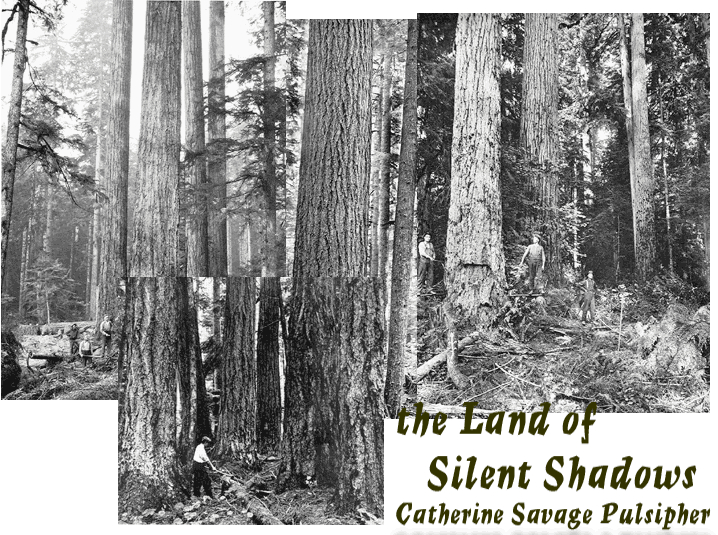

|
Written by Catherine Savage Pulsipher; originally typed & arranged by Mabel Boyd Royal-Steen; typed & transcribed by Larry Spurling; arranged & compiled on the Stump Ranch, Dan Royal © |
|
Continue to Part II Written by Catherine Savage Pulsipher; originally typed & arranged by Mabel Boyd Royal-Steen; typed & transcribed by Larry Spurling; arranged & compiled on the Stump Ranch, Dan Royal © |